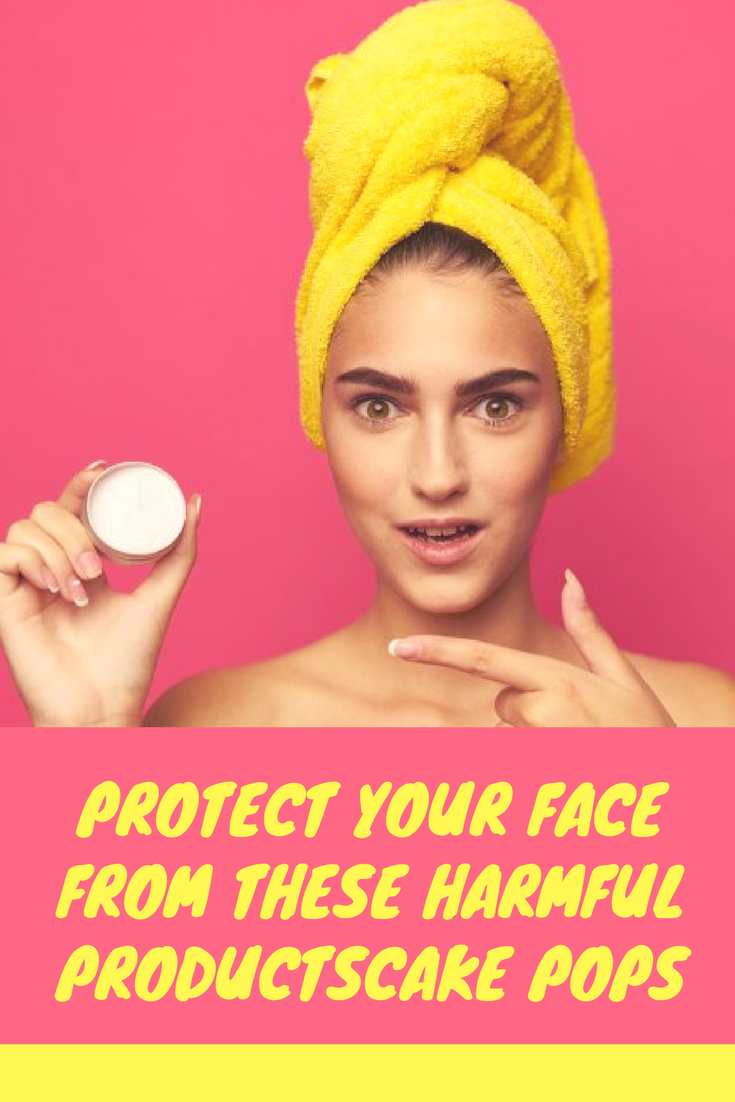According to The Telegraph, women use an average of 16 cosmetic or skin care products per day. It is therefore not surprising that the beauty industry is flourishing. Even if these products are sold at a frantic pace, this does not necessarily guarantee their quality. Believe it or not, cosmetics – including skin care products – are “barely regulated” by the Food and Drug Administration (FDA), according to Fortune. In addition, anyone can sell beauty products. Steve Xu, a resident physician in the Department of Dermatology at Northwestern University’s Feinberg School of Medicine, confirmed to Fortune that no documentation, pre-market approval or registration was even required. To avoid finding yourself with some skin problems, here are some products you should never put on your face.
1. Body lotion
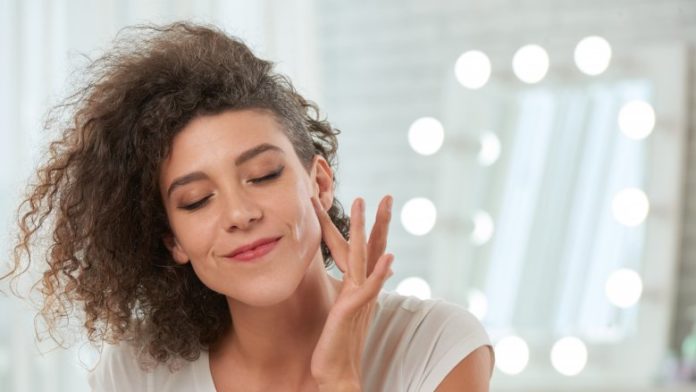
How many times have you run out of face moisturizer and decided to simply use your body lotion? Michael Kaminer, a certified dermatologist and plastic surgeon explained to Skincare.com,”[doing this] too often can lead to clogged pores.” In short, once in a while, it is not a problem, but daily, it can clog your pores.
2. Soap bar
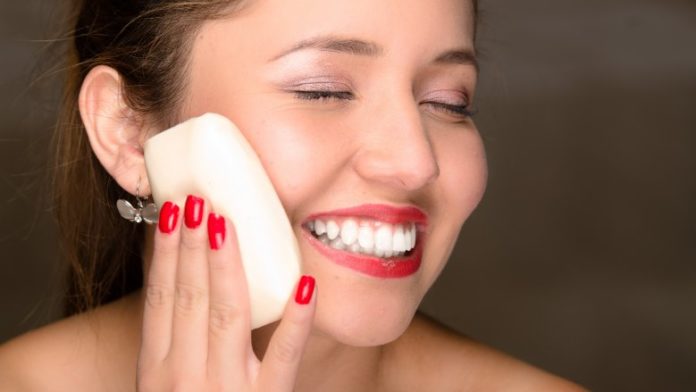
“Washing your face is a complex interaction,” according to Zoe D. Draelos, associate professor of dermatology in Winston-Salem, North Carolina. You should not wash your face with a bar of soap since it removes the nutrients the skin needs. In fact, bars of soap use chemicals that are both rough for the skin and unnatural.
3. Toothpaste is meant for your teeth
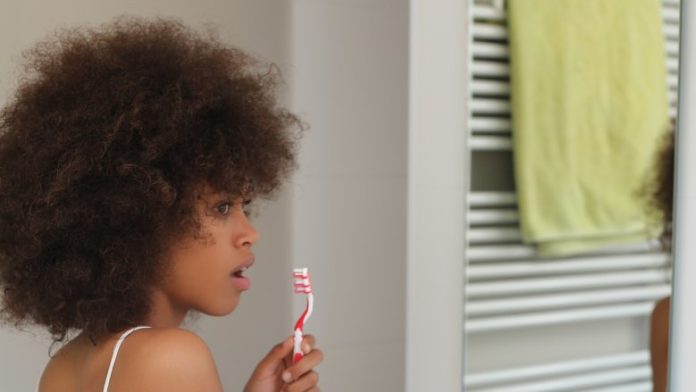
Many people apply toothpaste on their blemishes to get rid of them. However, you should avoid following doing this. “It is not good for your skin on the long-term”, declared Kaminer at Skincare.com. Even though toothpaste can help dry out your pimples, it can also irritate your skin and dry it.
4. Hot water
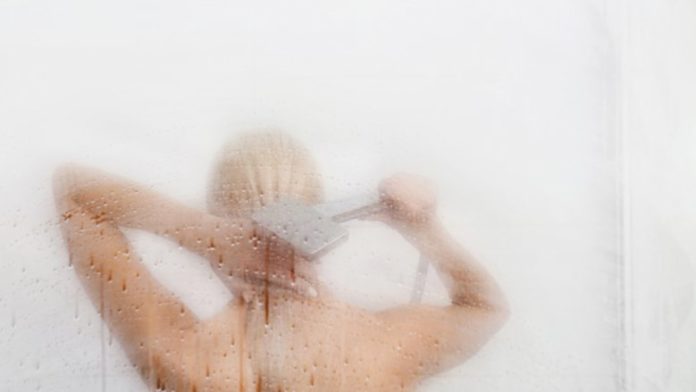
At what temperature do you take your shower? Chances are your water is probably too hot. If you want healthy skin, your shower should be warm, according to Sejal Shah, a New York dermatologist. Most experts agree that water at temperatures below 110 degrees Fahrenheit is best. This means that if your water is hot, it is not adequate. If your skin is red after your shower, it is also a good indicator that your water was too hot. “Hot water removes natural oil from the skin, which makes the skin dry and irritated and can eventually cause eczema,” Shah explains.
5. ‘Secret’ ingredients
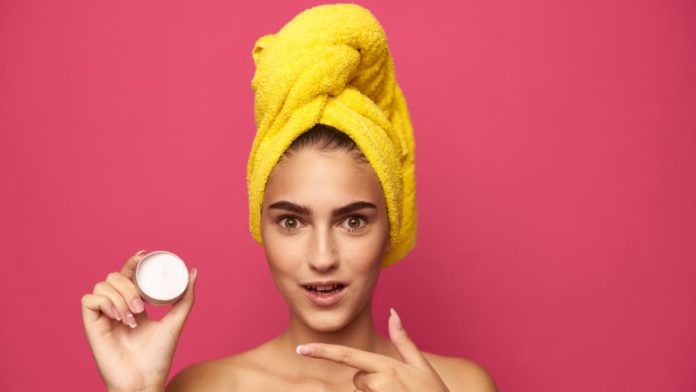
“Never use products that do not list all of their ingredients,” Boca Raton dermatologist, Jeffrey Fromowitz told Reader’s Digest. “You must know what you’re putting on your skin. Otherwise, you won’t know if you’re allergic to any of the ingredients before you try it. Plus, even if you’re not allergic, you could put an ingredient on your face that you shouldn’t use.” Products containing ‘secret’ or ‘miracle’ ingredients should, therefore, be avoided. “If in doubt, discuss the product or your skin’s needs with your dermatologist who can guide you towards safe and effective product choices specifically tailored to your skin type and problems. It’s time to say goodbye to these expensive mysterious creams.
6. Hydrogen peroxide
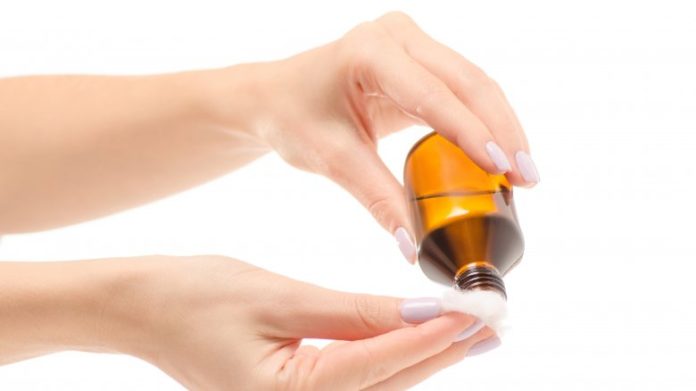
You should avoid using hydrogen peroxide as a facial cleanser. Indeed, peroxide can irritate the skin, according to dermatologist Doris Day. According to her, “Peroxide is toxic to skin cells.” According to the National Poisons Information Service, hydrogen peroxide is not used primarily to bleach hair or skin, but to bleach paper, according to a study published by the National Center for Biotechnology Information (NCBI). If peroxide comes in contact with your eyes while using it on your skin, it may cause irritation, tingling and possibly blurred vision. It is recommended to wash ‘contaminated skin’ with “large quantities of water”. Obviously, it’s an ingredient you should never put on your face.
7. Glue
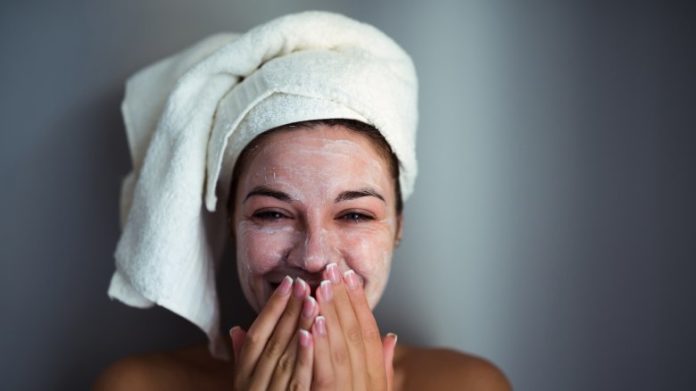
A popular beauty trick on Instagram is to remove blackheads by mixing charcoal powder and Elmer glue. This may work, but your dermatologist will probably advise you not to try this trick. “I do not recommend this practice because the glue is not formulated for skin care,” Wexter Dermatology dermatologist Shereene Idriss told Glamour.
That said, just because something isn’t done for skin care doesn’t necessarily mean it’s dangerous. After all, oatmeal is “not a bad thing, and it’s cheap and fun to make at home,” Day told BuzzFeed. Other common and inexpensive items, such as tea bags, can also be beneficial to your skin. Tea can soothe red and irritated skin and, as dermatologist Esta Kronberg explained to Reader’s Digest, “Chamomile tea, used as a cold compress, can relieve itchy eyes.
However, not all household items are safe for the skin, like glue for example. “It can cause skin irritation and hypersensitivity, resulting in scarring and pigment changes,” Idriss explained. So it’s a product you shouldn’t put on your face.
8. Clean your glasses
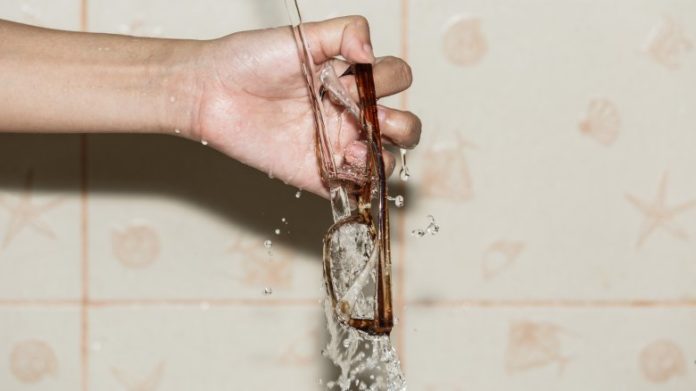
When was the last time you cleaned your glasses? You wash your face every day, don’t you? You should also wash your glasses daily. Karen Gladstone, an optometrist at Arrigg Eye and Ear Associates in Lawrence, Massachusetts, explained her reasons to Oprah magazine. Just like your phone, your glasses are fertile ground for bacteria. Not to mention the oil and dirt that accumulates. Gladstone recommends rinsing your glasses – every day – under warm running water with a little bit of dish soap. To preserve your lenses, dry your glasses with a microfiber cloth.
9. Expired products
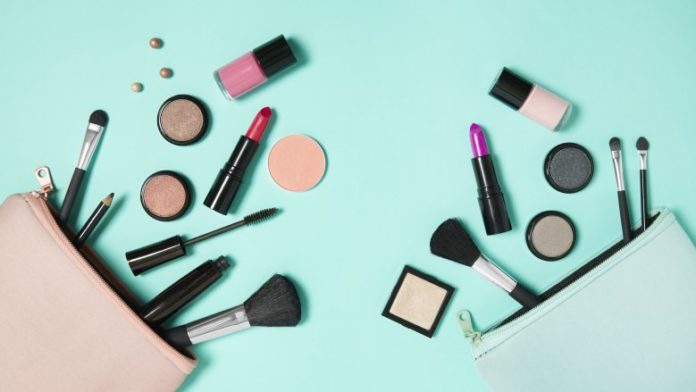
You probably wouldn’t dare to drink a glass of expired milk, so why would you use an expired beauty product?
Jeremy Brauer, clinical assistant professor in the Ronald O. Perelman Department of Dermatology, explained to Reader’s Digest that when products expire, the active ingredients they contain become inactive, meaning that products no longer function as intended. They can then cause skin irritations. This is true even if your expired products still look good as new.
Brauer recommends looking at expiration dates when purchasing cosmetics. Brauer also recommends setting up reminders on your phone calendar to alert you when your products are near the expiration date. Of course, if you can’t remember the last time you wore that pink lipstick, you can probably put it in the garbage.
10. Hairspray
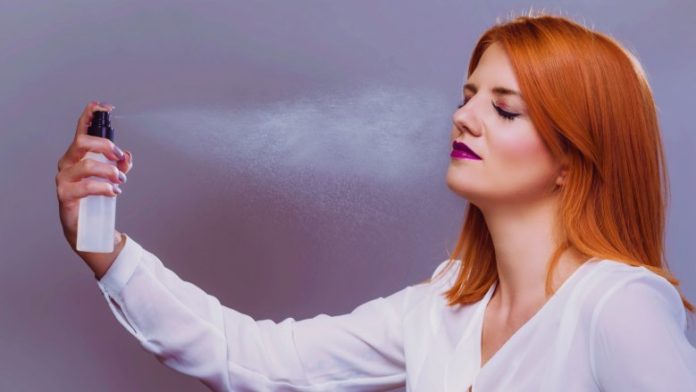
Finishing sprays are a very useful tool to help your makeup stay in place all day. Simply spray the product onto your face and you’re done! Some people would be tempted to use hairspray to achieve the same result. David E. Bank of the Westchester Dermatology Center in New York understands the affordable trend of using hairspray but does not approve. “Hairspray contains alcohols that can strip the skin of its moisture,” he explained to Bustle. “It can also clog your pores, cause irritation and acne flare-ups.”
Source:
The List


![[Photos] Why WD-40 Is Magic In Your Garden?](https://lifetonik.com/wp-content/uploads/sites/7/2019/08/WD40-Prices-Highres_Page_8_Image_0008-218x150.jpg)
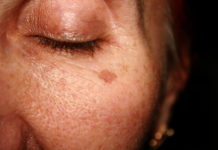




![[Photos] Take A Look Of The Obama’s New Home Before It’s Banned](https://lifetonik.com/wp-content/uploads/sites/7/2019/07/Obama1-218x150.jpg)
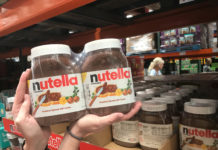
![[Slideshow] Celebrity Homes: 21 Of The Most Luxurious](https://lifetonik.com/wp-content/uploads/sites/7/2019/07/Taylor-Swift-218x150.jpg)
![[Slideshow] More Parents Are Now Gluing Pennies to the Bottom of their Kid’s Shoes](https://lifetonik.com/wp-content/uploads/sites/7/2019/07/Keep-Them-Entertained-218x150.jpeg)
![[Photos] 20 Fashion Mistakes That Too Many Women Make!](https://lifetonik.com/wp-content/uploads/sites/7/2019/07/5-style-mistakes-that-make-you-look-frumpy-featured-218x150.jpg)

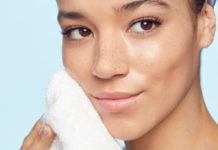
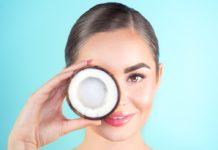







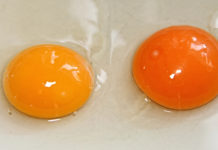
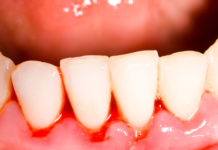







![[Gallery] 25 Discounts For Seniors To Which You Are Entitled Without Knowing It](https://lifetonik.com/wp-content/uploads/sites/7/2019/08/EAZxECUXUAAvNZR-218x150.jpg)
![[Slideshow] Here’s the salary of every governor in the United States](https://lifetonik.com/wp-content/uploads/sites/7/2019/08/Charlie-Baker-218x150.jpg)
![[Photos] No One Will Want To Buy This House After Seeing These Pictures](https://lifetonik.com/wp-content/uploads/sites/7/2019/08/terrible-real-estate-photos-2-5c35e727c9f95__700-218x150.jpg)

